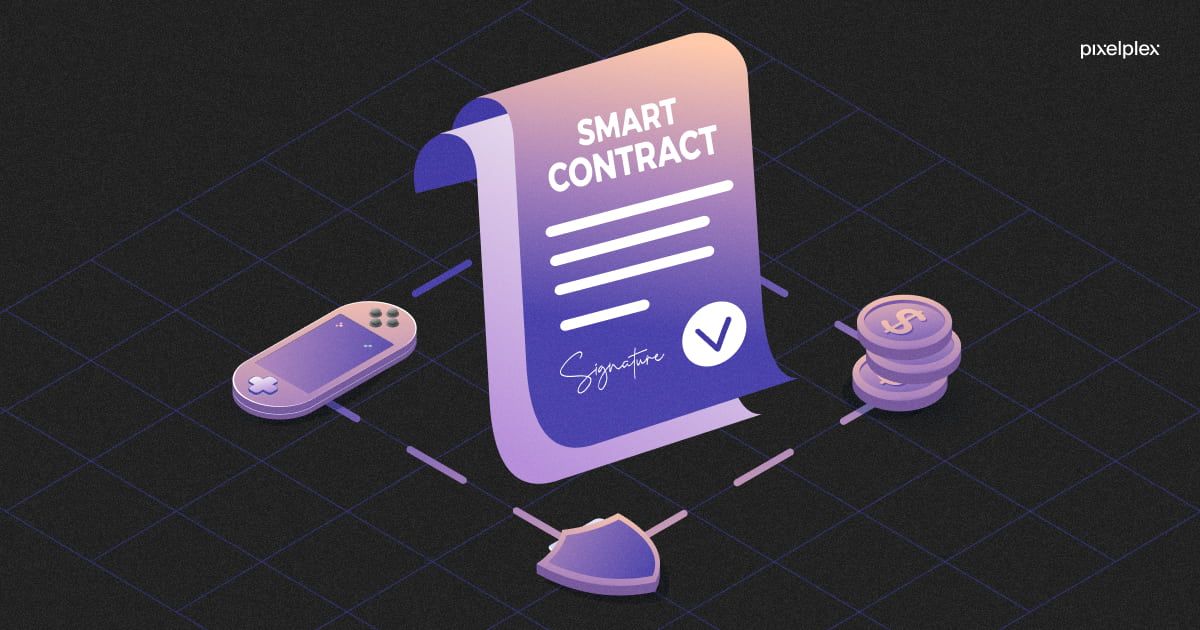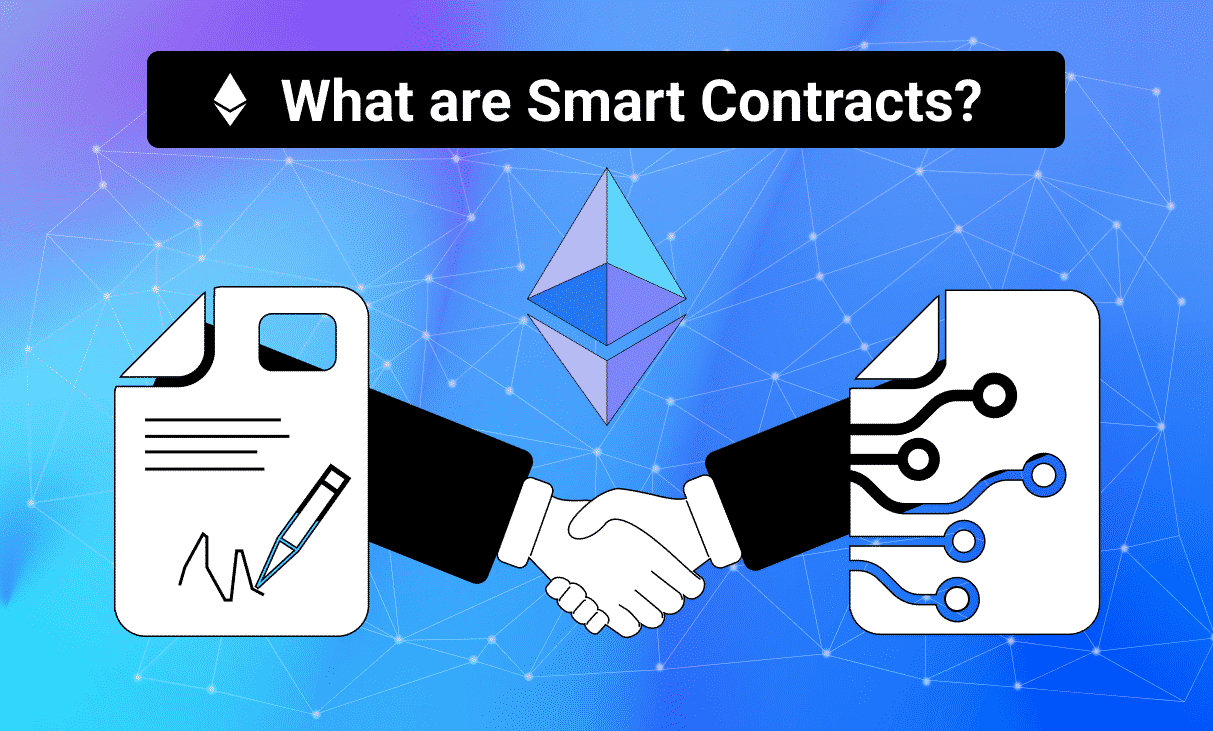Smart Contracts: Revolutionizing Business Processes

Smart contracts, powered by blockchain technology, are ushering in a new era of efficiency and transparency in business processes. These self-executing contracts, encoded with predefined rules and conditions, automate and streamline various aspects of traditional agreements. This article explores the concept of smart contracts and their transformative impact on diverse industries.
Understanding Smart Contracts:
Smart contracts are computer programs designed to execute and enforce the terms of a contract automatically. They operate on blockchain platforms, which ensures immutability, security, and transparency. The code within smart contracts includes predefined rules and conditions, and once these conditions are met, the contract is executed without the need for intermediaries.

Key Characteristics of Smart Contracts:
Autonomy: Smart contracts operate without the need for intermediaries, reducing the risk of human error and potential disputes.
Transparency: All parties involved in a smart contract have access to the same information, promoting transparency and trust.
Security: Smart contracts are secured by blockchain technology, making them resistant to fraud and tampering.
Efficiency: Automation of contract execution reduces the time and resources required for traditional contract management.
Cost-Effective: By eliminating intermediaries and automating processes, smart contracts can significantly reduce transaction costs.
Impact Across Industries:
Finance and Banking:
Smart contracts are revolutionizing financial transactions, automating processes like loan approvals, payments, and trade settlements. This not only reduces processing times but also minimizes the risk of fraud and errors.
Supply Chain Management:
In supply chain management, smart contracts enhance transparency and traceability. They automate processes like product authentication, inventory management, and payment settlements, leading to more efficient and secure supply chains.
Real Estate:
Real estate transactions involve numerous intermediaries and paperwork. Smart contracts streamline property transactions by automating tasks such as title transfers, escrow, and payment settlements, reducing the complexity and time involved.
Healthcare:
Smart contracts facilitate secure and transparent sharing of medical records, ensuring data integrity and patient privacy. They also automate processes related to insurance claims and billing, reducing administrative overhead.
Legal Industry:
In the legal sector, smart contracts are used for the execution of legal agreements, wills, and escrow services. This reduces the need for intermediaries, making legal processes more efficient and cost-effective.
Intellectual Property:
Smart contracts provide a secure and automated way to manage intellectual property rights, royalties, and licensing agreements. This ensures that creators are fairly compensated and reduces the risk of disputes.
Smart contracts are reshaping the way businesses conduct transactions and manage agreements. By automating and securing processes across various industries, these self-executing contracts are unlocking unprecedented efficiency, transparency, and cost-effectiveness. As the technology continues to mature, smart contracts are poised to play a pivotal role in the future of business processes.